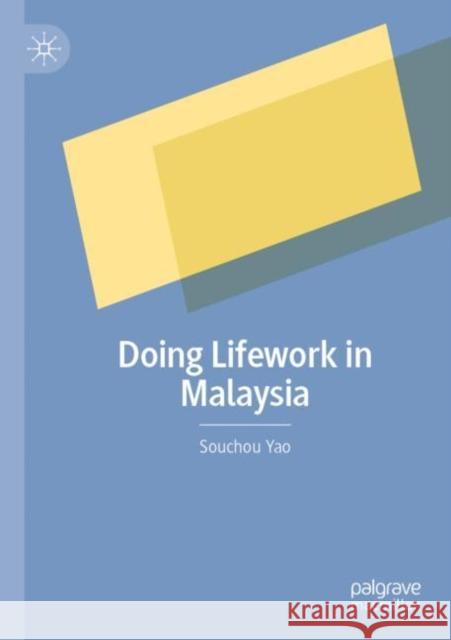Doing Lifework in Malaysia » książka
topmenu
Doing Lifework in Malaysia
ISBN-13: 9789811920899 / Angielski
Doing Lifework in Malaysia
ISBN-13: 9789811920899 / Angielski
cena 402,53
(netto: 383,36 VAT: 5%)
Najniższa cena z 30 dni: 385,52
(netto: 383,36 VAT: 5%)
Najniższa cena z 30 dni: 385,52
Termin realizacji zamówienia:
ok. 22 dni roboczych
Dostawa w 2026 r.
ok. 22 dni roboczych
Dostawa w 2026 r.
Darmowa dostawa!
Kategorie BISAC:
Wydawca:
Palgrave MacMillan
Język:
Angielski
ISBN-13:
9789811920899











